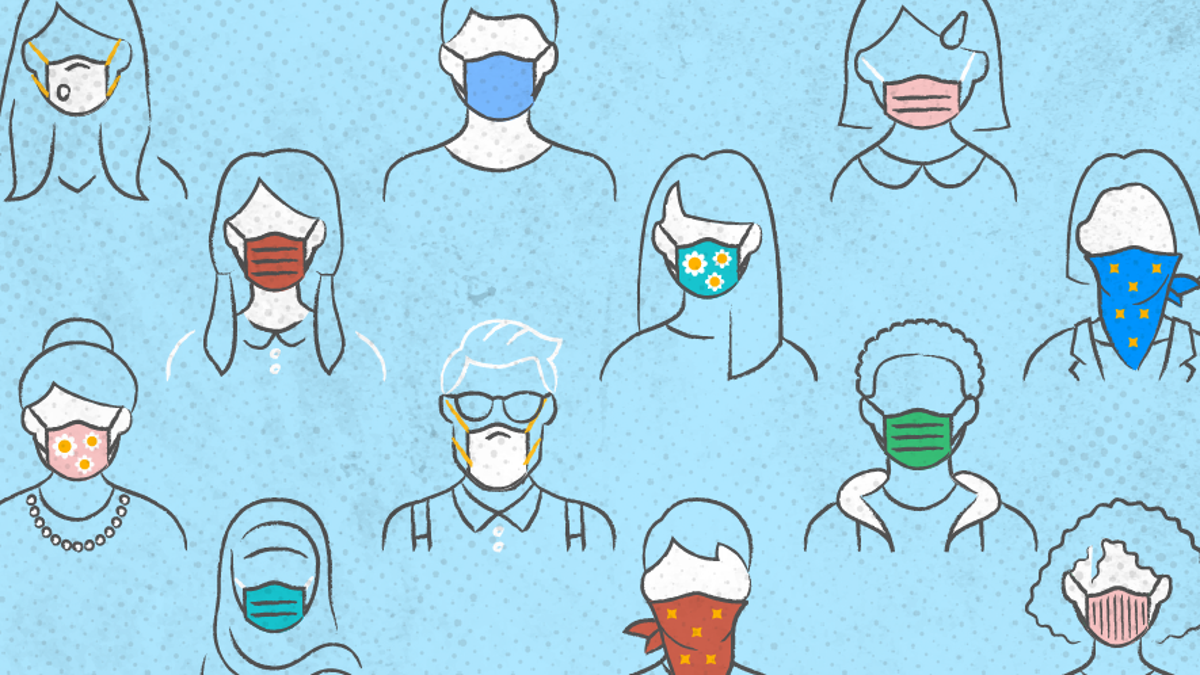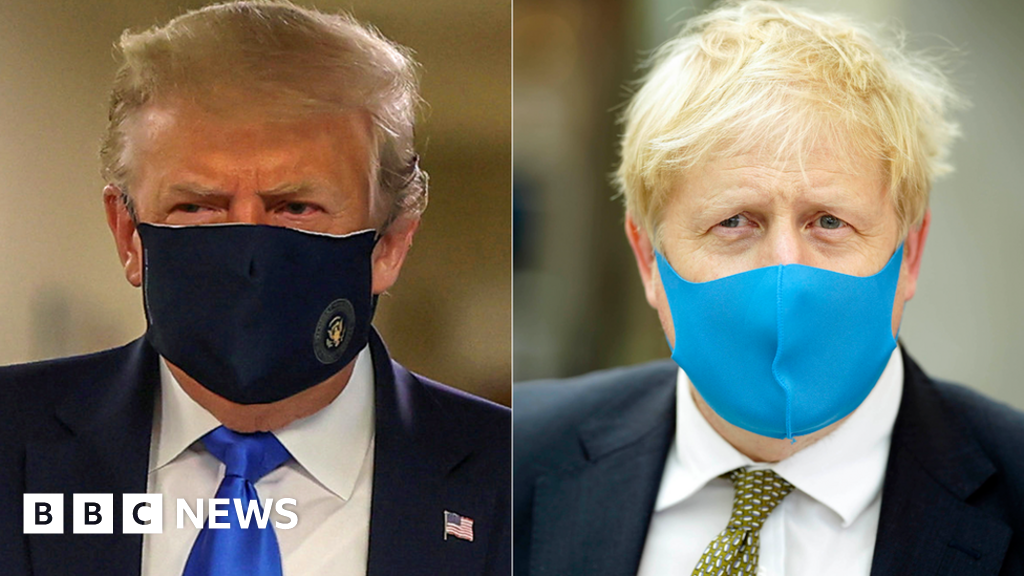How Face Masks Are Changing Our Daily Lives And Behavior Covid 19 Special

Face Masks What Makes Some Better Than Others Against Covid 19 Face masks have become the symbol of the pandemic and the isolation it's brought. studies show they can help protect us from the coronavirus as we go about o. Protective face masks were one of the central measures to counteract viral transmission in the covid 19 pandemic. prior research indicates that face masks impact various aspects of social cognition, such as emotion recognition and social evaluation.

Face Masks What Makes Some Better Than Others Against Covid 19 This is good: the masks are helping to limit the spread of covid 19. but as masks become commonplace, it’s interesting to consider how they affect our interaction. But according to new research from unsw sydney, the humble face mask does more than help stop the spread of covid 19: it has become an object of symbolic power, representing some of the biggest social, political and cultural struggles of our times. The use of face masks and social distancing are proven mitigation strategies to minimize the spread of covid 19 and other airborne diseases. however, these strategies may place individuals with hearing, speech, and language disorders at greater risk for communication problems in their daily lives. Worldwide use of face masks as personal protective equipment (ppe) during the covid 19 pandemic has changed interpersonal interactions in myriad ways, likely permanently.

Coronavirus Why Attitudes To Masks Have Changed Around The World The use of face masks and social distancing are proven mitigation strategies to minimize the spread of covid 19 and other airborne diseases. however, these strategies may place individuals with hearing, speech, and language disorders at greater risk for communication problems in their daily lives. Worldwide use of face masks as personal protective equipment (ppe) during the covid 19 pandemic has changed interpersonal interactions in myriad ways, likely permanently. We outline in this commentary some of these social elements and how they may have influenced face mask use during the early stages of the pandemic. the purpose is to expand the perspective on mechanisms that are relevant to consider in pandemic response planning. In this book, we attempt to explore the rapid and emergent changes in social life associated with the face mask during the pandemic. Face masks not only disrupt access to the acoustic and visual aspects of speech, but they also disrupt the so cial aspects of face to face communication (smiles, frowns, smirks, etc.) that serve as subtle nonverbal cues, context for verbal content, and emotion. Since the beginning of the covid 19 pandemic, research has explored various aspects of face mask use. while most of the research explores their effectiveness to prevent the spread of the virus, a growing body of literature has found that using face masks also has social meaning.
Comments are closed.